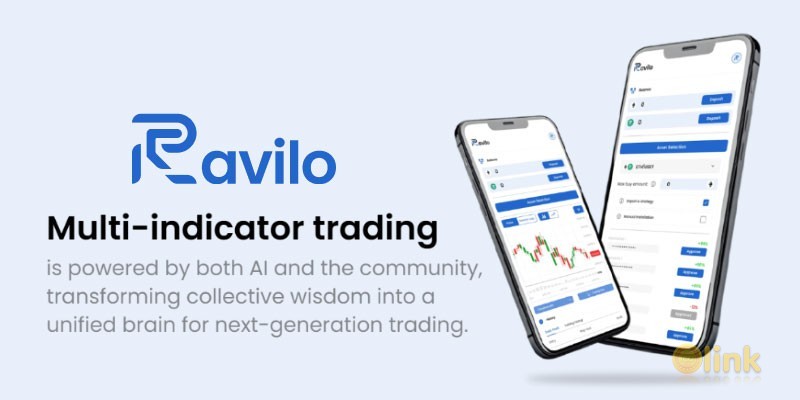ICO Swapy Network
-
Start: 2018-Mar-19
-
Finish: 2018-May-26
-
Ticker: SWAPY
-
Platform: Ethereum
ICO Swapy Network Description:
Swapy is building a decentralized protocol with a suite of three integrated applications aiming to provide Universal Access to Credit.
These applications are: The Swapy Exchange, which aims to connect smart money to emerging economies. It will introduce international investors from countries where the interest rates are comparatively low to credit companies in countries where the interest rates are comparatively high, providing better returns to the investors and lower cost capital for the credit companies; Swapy Financial ID, which aims to empower people, giving them a financial identity that has the purpose to be valid anywhere in the world; Swapy Data Market, which aims to transform users’ financial data into self-determined value through a token-based system.
This suite of decentralized applications will allow the individuals to hold their own data and to choose how many tokens they receive in exchange for it, and when, and with whom they want to share. The Swapy Data Market also aims to reduce the entrance barriers for new participants since huge pools of data will no longer be exclusive to large corporations, and instead will present an opportunity for the new entrants.
The Swapy Company envision a world of efficient credit markets, with no barriers to entry for new players, where consumers have the power and reap the benefits of Universal Access to Credit. We propose that the potential and need for Swapy Network is motivated by the convergence of several extant factors. These include the global pervasiveness of under-served populations where credit is concerned, interest rate disparities between countries, asymmetries in data access and ownership, data integrity, costs of servicing credit demand, and preferred modalities for conducting transactions. We consider these factors in reference to several world economies, with particular focus on Brazil, a G20 and BRICS country with one of the highest interest rates in the world.
According to the Global Findex report, two billion people around the world do not have access to financial services, and especially access to credit. Existing banking infrastructure is expensive and consequentially, banking conglomerates typically make their services unavailable to the poorest populations or those living in remote areas. This is a particular problem in emerging economies.
The problem of access to credit can be reduced to three factors:
- the high cost of capital;
- information asymmetry;
- the high cost of banking infrastructure.
When compared to developed countries, under-developed countries have a lower credit offering ratio and a higher interest rate spread, making credit more expensive and savings less remu- nerative. This is particularly a problem in Latin America and the Caribbean. A combination of the banking sector’s market power, systemic inefficiencies, default risks, lack of liquidity, ex- change rate volatility, complexity of banking operations, and tax regulation contributes to an unfavorable scenario for consumers who ultimately experience high implicit and explicit fees.









